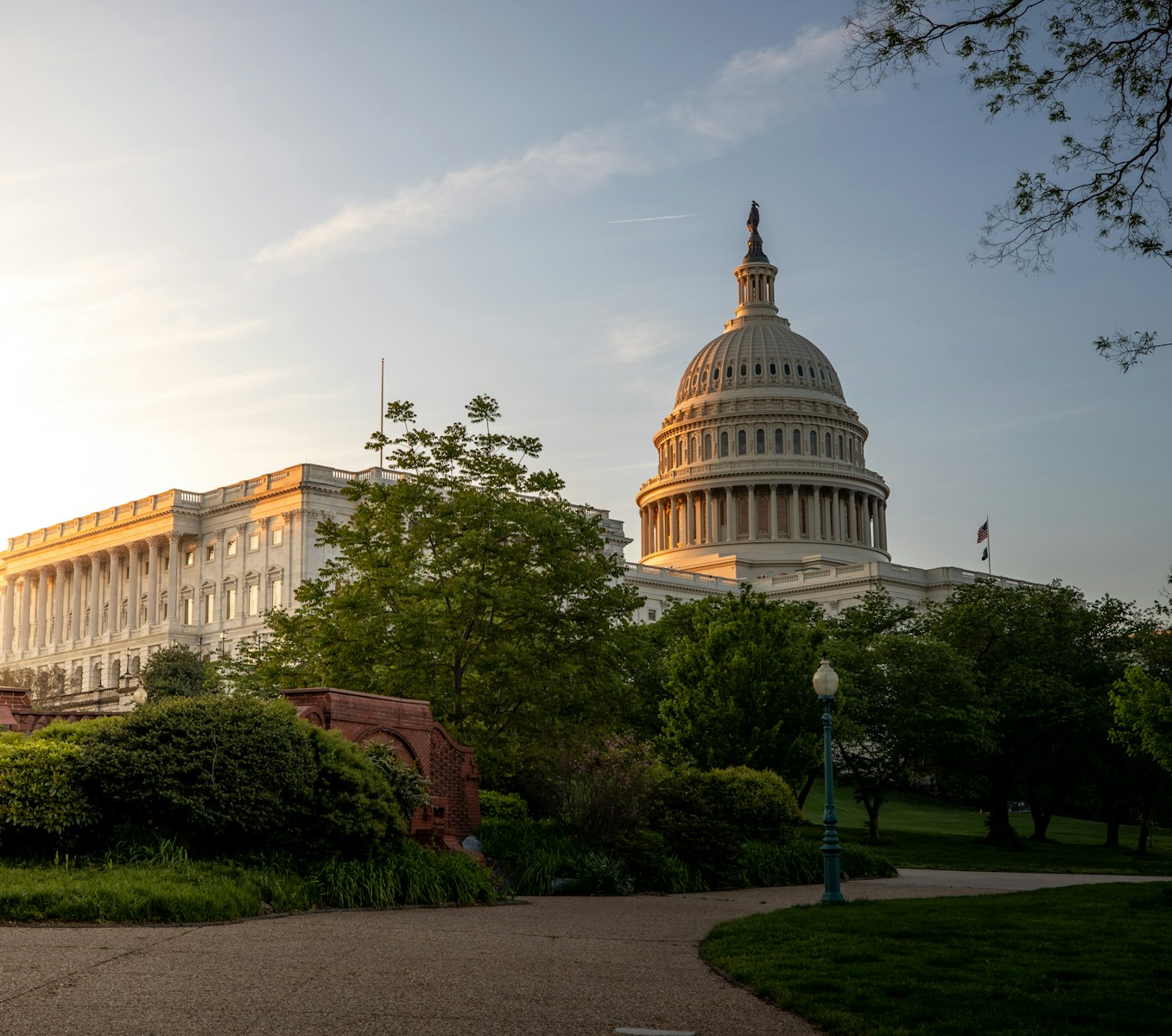The age-old debate between government intervention and free market capitalism is taking center stage once again. As policymakers increasingly implement targeted economic strategies through tax breaks and incentives for specific industries, economists and business leaders are questioning when and how governments should shape economic outcomes.
At the heart of this discussion lies a fundamental question: Can government officials make better economic decisions than the market forces of supply and demand? This question forms the basis of an upcoming live discussion scheduled for August 18th in Brooklyn, where experts will explore the complex relationship between government planning and market forces.
The Clash Between Traditional Economics and Industrial Policy
Traditional economic theory suggests markets operate most efficiently when guided by supply and demand, with consumers signaling their preferences and businesses responding accordingly. This perspective views the economy as a self-regulating system that allocates resources where they’re most valued.
However, governments worldwide increasingly implement industrial policies—strategic interventions designed to promote specific sectors or technologies deemed important for national interests. Recent examples include tax incentives for Hollywood productions and subsidies for semiconductor manufacturing in Arizona.
Critics question the wisdom of these targeted approaches: Why should government officials decide which industries deserve special treatment? What makes them qualified to pick economic winners and losers when market forces might naturally direct resources elsewhere?
When Markets Fail: The Case for Intervention
Proponents of industrial policy point to several scenarios where markets alone may not produce optimal outcomes:
- National security concerns, particularly in critical technologies
- Market failures where private investment falls short
- Competition with other countries that heavily subsidize their industries
- Long-term strategic goals that may not align with short-term profit motives
The semiconductor industry offers a compelling case study. While market forces might direct chip manufacturing to locations with the lowest production costs, national security experts argue domestic production capacity is essential. This reasoning has led to bipartisan support for the CHIPS Act, providing billions in subsidies for U.S.-based semiconductor manufacturing.
Finding the Balance
“The question isn’t whether government should be involved in the economy—it already is in countless ways,” notes the upcoming discussion’s promotional material. “The real question is how to design interventions that address genuine market failures without creating inefficiencies or favoritism.”
This balancing act requires careful analysis of when markets work well and when they don’t. For example, basic research often receives government funding because private companies may underinvest in discoveries that benefit society broadly but don’t offer immediate profits.
Similarly, addressing climate change may require government incentives for clean energy since markets alone might not adequately account for environmental costs.
The upcoming live show, hosted by Robert Smith and produced by Eric Mennel, promises to examine these tensions through real-world examples and expert analysis. The discussion aims to move beyond ideological positions to understand the practical implications of different approaches to economic policy.
As nations worldwide face pressing challenges from technological disruption to climate change, the debate over industrial policy has significant consequences for economic growth, innovation, and international competitiveness. The answers aren’t simple, but the conversation is essential for developing effective economic strategies in an increasingly complex global environment.







